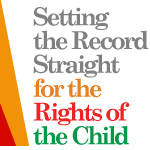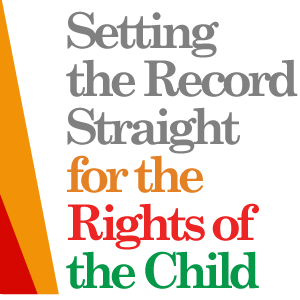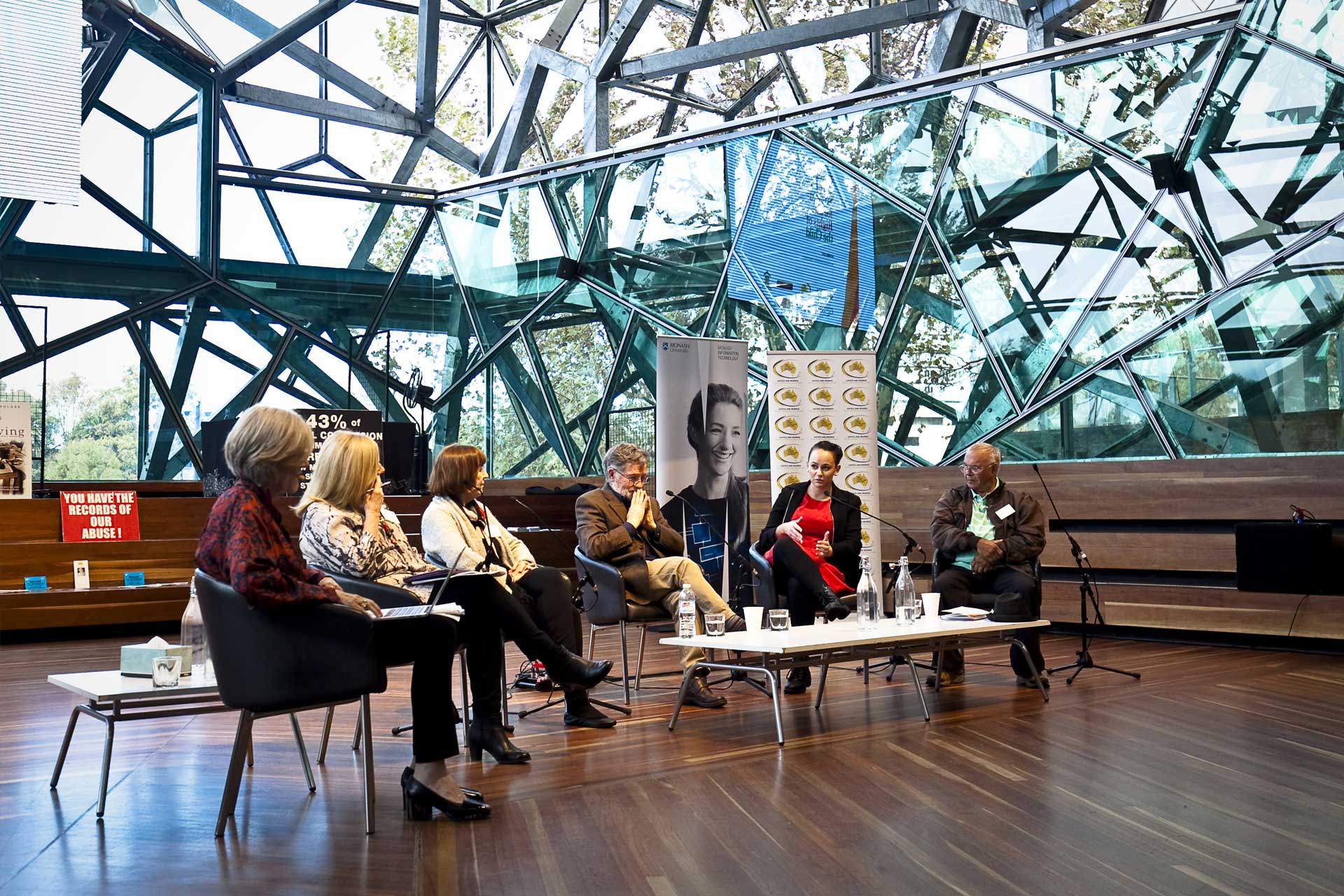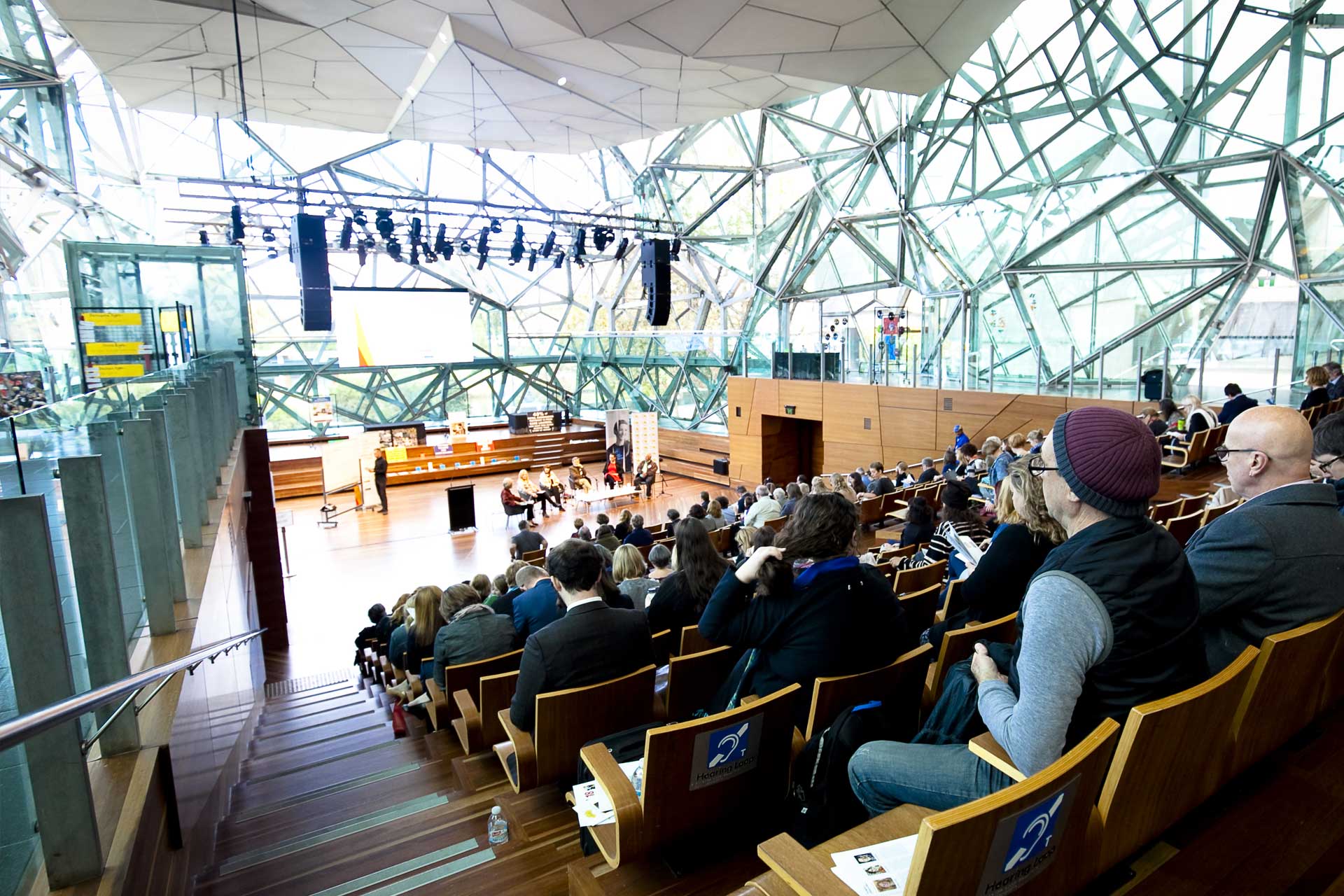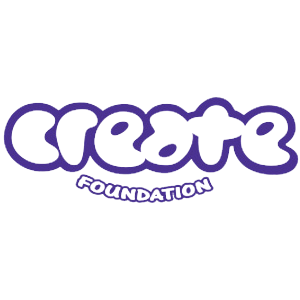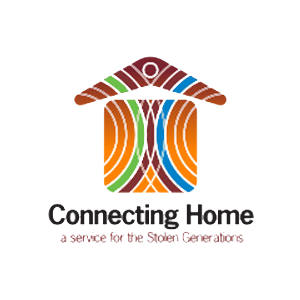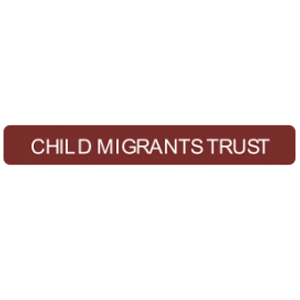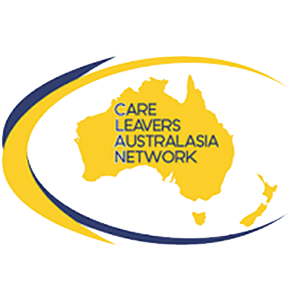The recordkeeping and archiving needs for childhood out-of-home care are part of one of society’s most pressing and complex problems, namely ensuring that the systems set up to protect children from abuse and neglect do not themselves cause harm. What do we need to know, and what do we need to do, in order to promote a child or young person’s best interests and foster their wellbeing through quality recordkeeping systems?
On 8 and 9 May 2017, approximately 180 participants gathered for the Setting the Record Straight for the Rights of the Child Summit at the Deakin Edge Federation Square, Melbourne to address this challenge.
Representing a range of community, organisational, government and professional perspectives we came together with a common concern that recordkeeping and archiving, despite improvements flowing from the inquiries and apologies over the past two decades, continues to let down children caught up in child welfare and protection systems. With a shared recognition of the systemic nature of the problem, we met to discuss how to transform the way records for childhood out of home care are created, captured, managed, archived and accessed to meet lifelong identity, memory and accountability needs.
Communiqué
A statement of the unifying, collaborative and strategic approach to address the recordkeeping and archiving challenges coming from the May Summit.
Listening and Learning
On day one we listened to and learned from Stolen Generations, Former Child Migrants, Forgotten Australians, Older and Younger Care Leavers about the impacts failings in recordkeeping and archiving systems have on people’s lives. We heard that urgent action was needed now – not only to meet the needs of aging populations, but also to ensure that recordkeeping and archiving for children and young people in statutory care today contribute to enabling them to live up to their potential.
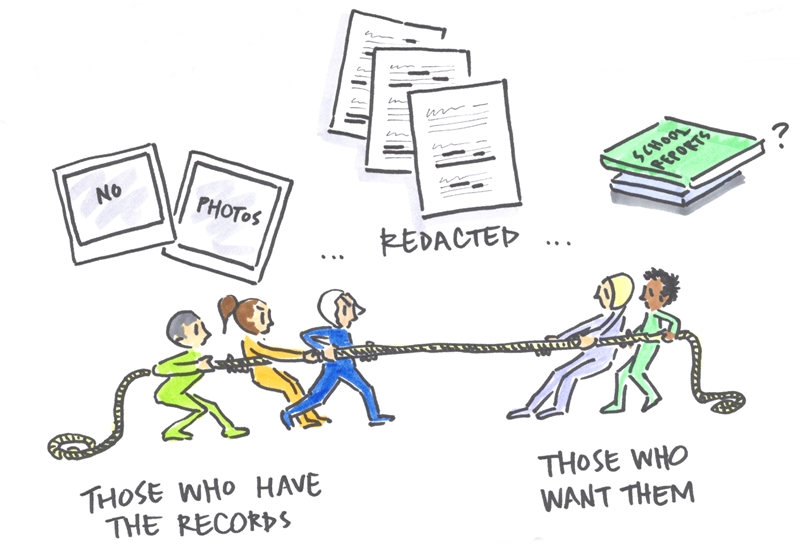
Planning the Future
On day two we discussed ideas and actions to improve, ensure and enact rights in records and recordkeeping for people who experience childhood out of home care. This included imagining a future vision of a distributed participatory recordkeeping and archiving regime based on principles that recognise
- rights of multiple co-creators of the archive (individuals, families, carers, case workers. service providers, government agencies and regulators etc.) and
- rights of the individual over the management and access to these records for each of the co-creators.
In recognising that this requires a radical redesign of recordkeeping and archiving frameworks, processes, systems and technologies, we also discussed the improvements that could be made under existing discretionary powers.
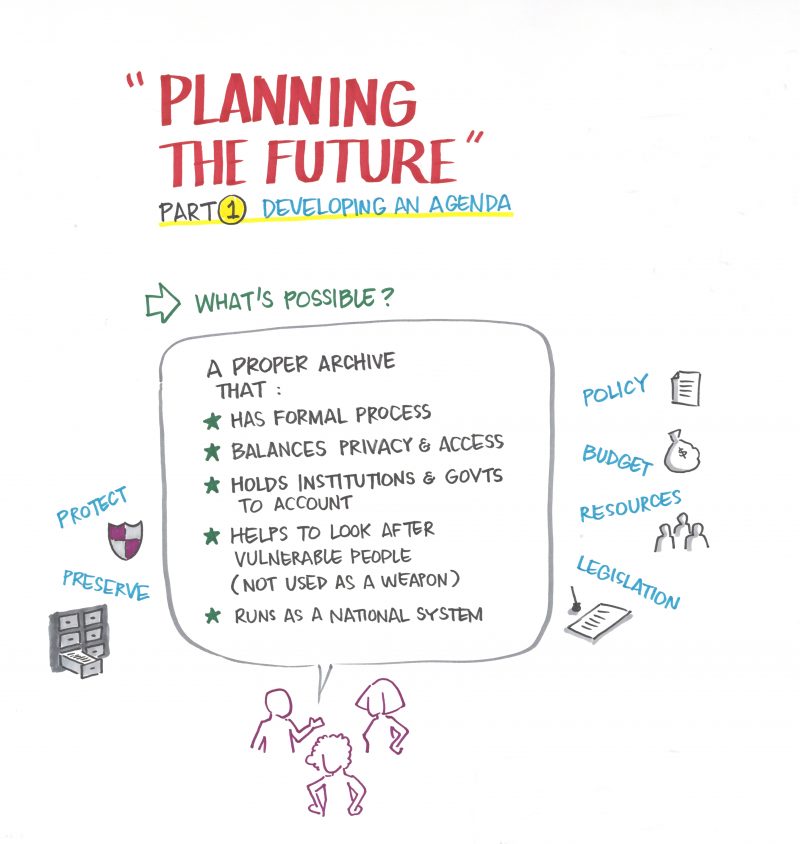
Outcomes
With the insight, learnings, new connections and strengthened relationships developed over the two days, we resolved to develop and advocate for a unified, collaborative and strategic approach in order to address the recordkeeping and archiving challenges.
In the longer term we commit to the development of a National Framework for Recordkeeping for Childhood Out of Home Care by 2020, and to pursue its implementation, monitoring and evaluation over the following decade, i.e. 2020-2030. In the shorter term and by mid 2018 we commit to developing a priority plan of action and advocacy for immediate co-ordinated improvements.
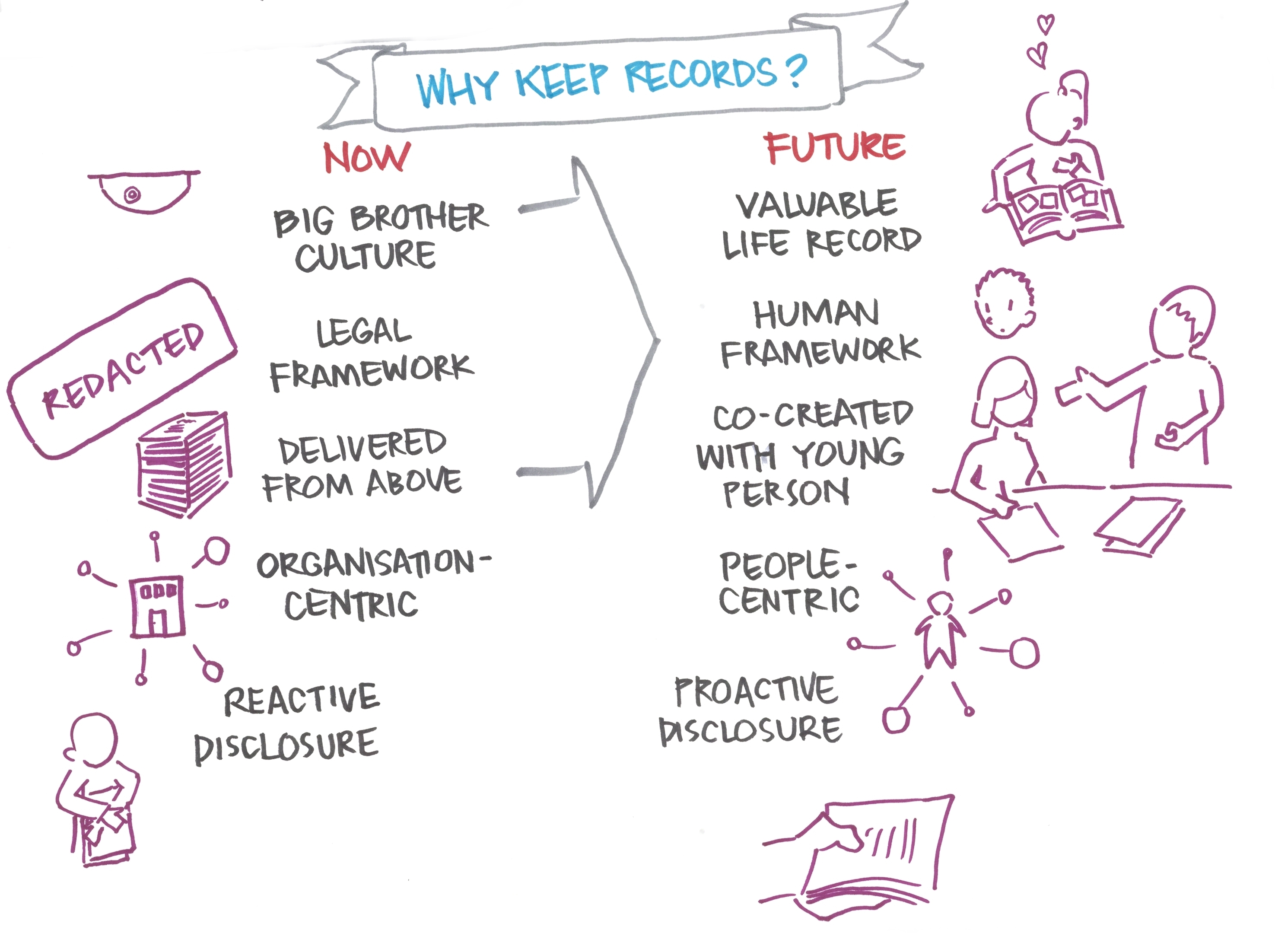
For further information please contact
Dr Joanne Evans
Centre for Organisational and Social Informatics
Faculty of IT, Monash University
Phone: +61 3 9903 2177
Email: joanne.evans@monash.edu
